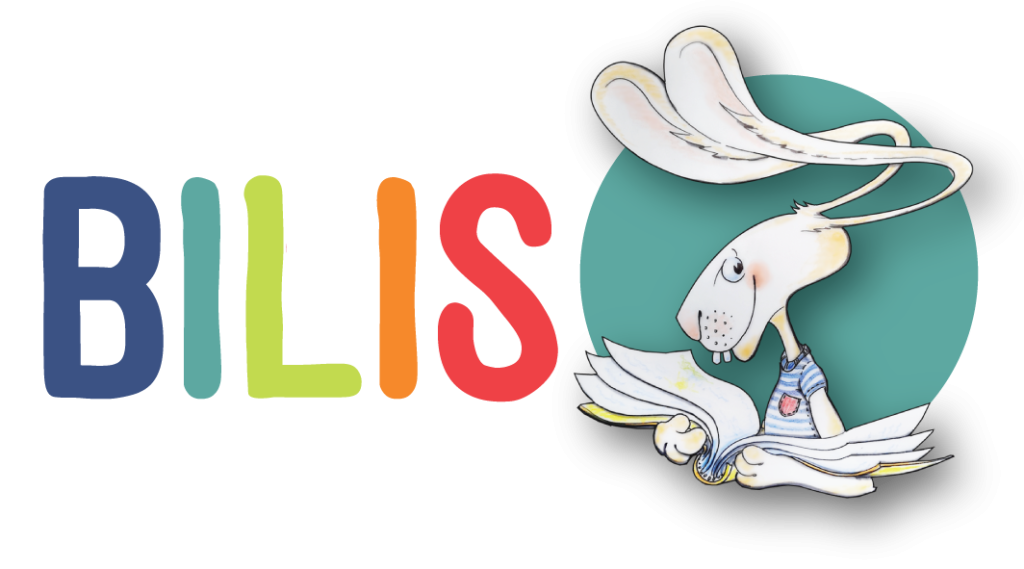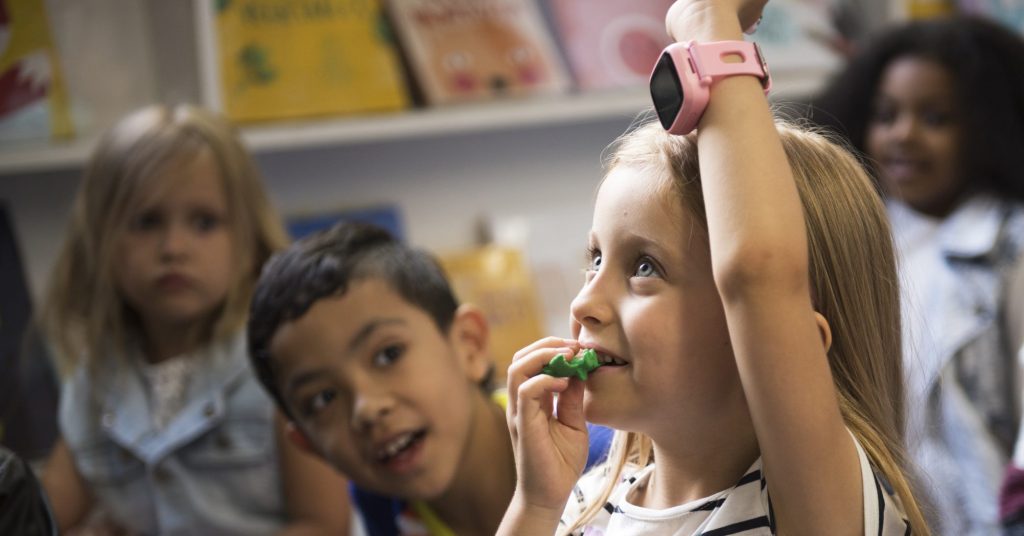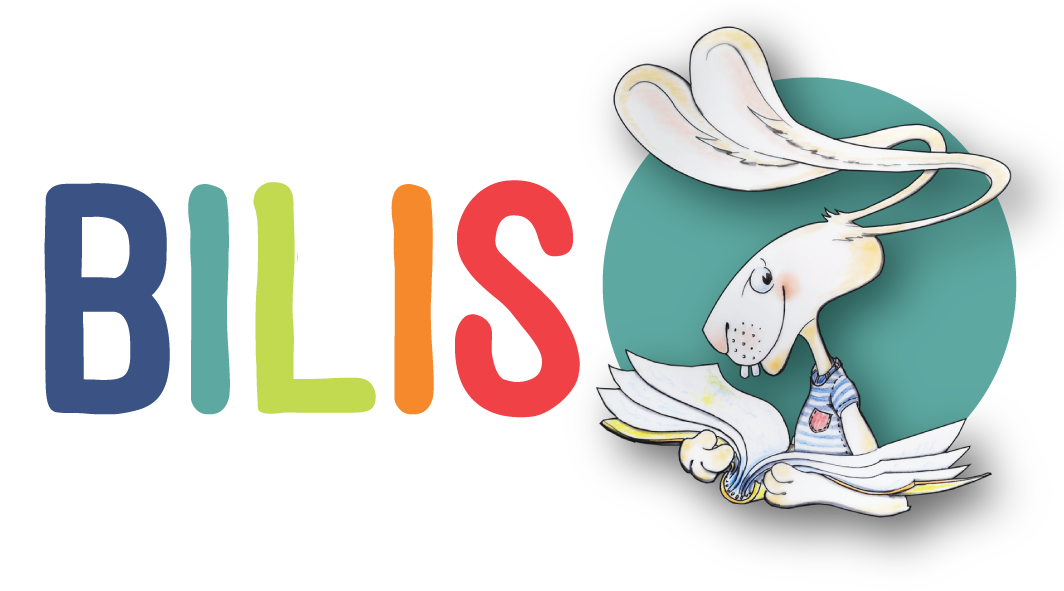Books like "The Bilingual Advantage" or articles titled "The Power of the Bilingual Brain" highlight the benefits of early bilingual development. One of the primary advantages of bilingualism is often taken for granted: bilingual children master more languages, which is essential for traveling, work, communicating with family, maintaining cultural ties, or forging friendships with people from various cultures. Scientists also investigate potential other, non-linguistic benefits of bilingualism.
Some studies suggest that bilingual individuals show advantages in social understanding. Bilingual preschool children, for example, better understand perspectives, thoughts, and intentions of others (Bialystok & Senman, 2004; Goetz, 2003; Kovács, 2009) and are more sensitive to nuances of communication, like tone of voice (Yow & Markman, 2011).
Bilingual individuals also exhibit certain cognitive advantages, especially in tasks involving switching between activities or suppressing previously learned responses. These benefits have been primarily studied in bilingual adults and children, but new findings suggest these advantages might be present in bilingual infants and toddlers.
It's still unclear why these advantages arise. It might be due to the constant switching between two languages that bilingual adults need to practice. However, it's important to note that the "bilingual advantage" has sometimes been overly portrayed in the media. So far, benefits have been demonstrated only under laboratory conditions, and it's not clear if they have an impact on everyday life. Bilingualism, therefore, is not an essential component of successful development.


